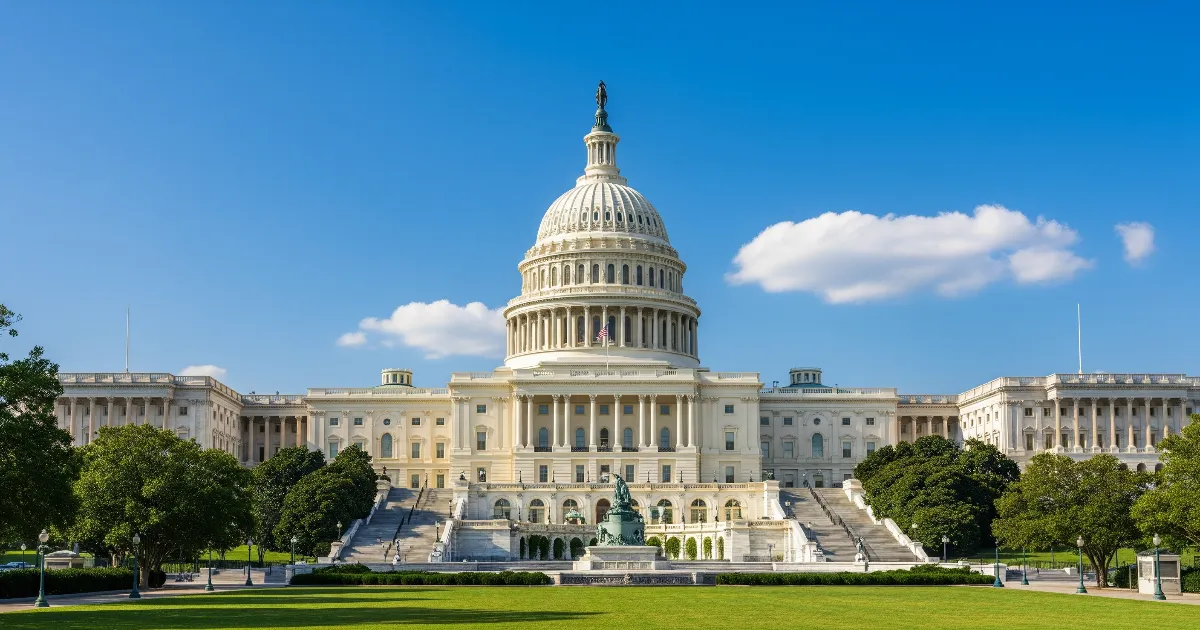Bitcoin Magazine
Bitcoin Is a Commodity: Why Congress Must Fix Bitcoin Taxes
I grew up in northwest Iowa, the heart of the Corn Belt, renowned for some of the most fertile and productive farmlands in the world. When my grandpa planted corn and beans, he knew Uncle Sam would come for his portion — not when he planted, not while it grew and not when he harvested — but when he sold it. The same still goes for families that grow wheat, drill for oil, mine gold or produce other commodities.
But when individuals mine bitcoin, today’s digital gold, the taxman comes twice. Not only that, when people use bitcoin to buy things, they have to calculate and report capital gains — even for small transactions like a cup of coffee.
President Trump campaigned on making the United States “the undisputed bitcoin superpower and the crypto capital of the world.” So far, he is delivering. He ended Operation Chokepoint 2.0 — the practice of exerting regulatory pressure to debank companies and individuals in the bitcoin and cryptocurrency industries. He is launching a Strategic Bitcoin Reserve. And he is urging Congress to pass market structure and stablecoin legislation — which the House is poised to do this week during “crypto week.” However, Washington leadership has yet to deliver one of the most important policy changes to unleash the power of bitcoin in America: fixing the unfair taxation of bitcoin.
Policymakers have reached a consensus that bitcoin is a commodity. The Securities and Exchange Commission, Commodity Futures Trading Commission and federal courts all treat it as a commodity — but the Internal Revenue Service does not. And that’s a problem. Typically, the IRS only taxes commodity producers at the point of sale. But the IRS currently taxes bitcoin miners both when they mine bitcoin and when they sell it. Bitcoin is the only commodity treated this way by the IRS.
It has been this way since the IRS issued misguided “guidance” in 2014 which requires Bitcoiners to recognize mining rewards as taxable income as opposed to self-created property. Until the IRS changes this guidance, it will continue to be able to “double dip” on Bitcoin miners. While the IRS should have changed this rule long ago, Congress should provide long-term regulatory certainty for individuals, markets and industry. By treating bitcoin as it would any other commodity, policymakers can simplify and introduce greater fairness to the tax code and make compliance easier for individuals and businesses.
Moreover, when individuals transact with bitcoin, no matter how small the transaction, they must treat that as a capital gains taxable event and determine the change in value compared to the dollar from when they acquired it versus when they spent it. This is an unnecessary administrative burden on both the IRS and taxpayers. Even foreign currencies can be spent for small purchases without triggering complex accounting requirements. There should also be an exemption for bitcoin transactions. Thousands of establishments around the world accept bitcoin as payment for goods and services, but most Americans do not utilize this option because of outdated, unnecessary and inefficient tax rules.
Congress had an opportunity to fix these issues in the One Big Beautiful Bill, but it didn’t happen.
Nevertheless, we should give credit where credit is due: Senator Cynthia Lummis recently unveiled a digital asset tax reform draft that addresses these issues and more. Furthermore, the House Ways and Means Committee is holding a hearing during “crypto week” on digital asset taxation.
Bitcoin is here to stay, but outdated tax laws and burdensome, regulatory whiplash are holding it back. It’s time to treat bitcoin mining rewards like we treat corn, beans, cotton, sugar, coffee, livestock and all other commodities. And it’s time to keep the IRS’s nose out of everyday retail purchases.
Even my grandpa understands that the taxman shouldn’t be so greedy.
Zach Whiting is the manager of public policy at Riot Platforms. Opinions stated are not necessarily those of BTC Inc. or Riot Platforms.
This post Bitcoin Is a Commodity: Why Congress Must Fix Bitcoin Taxes first appeared on Bitcoin Magazine and is written by Zach Whiting.
